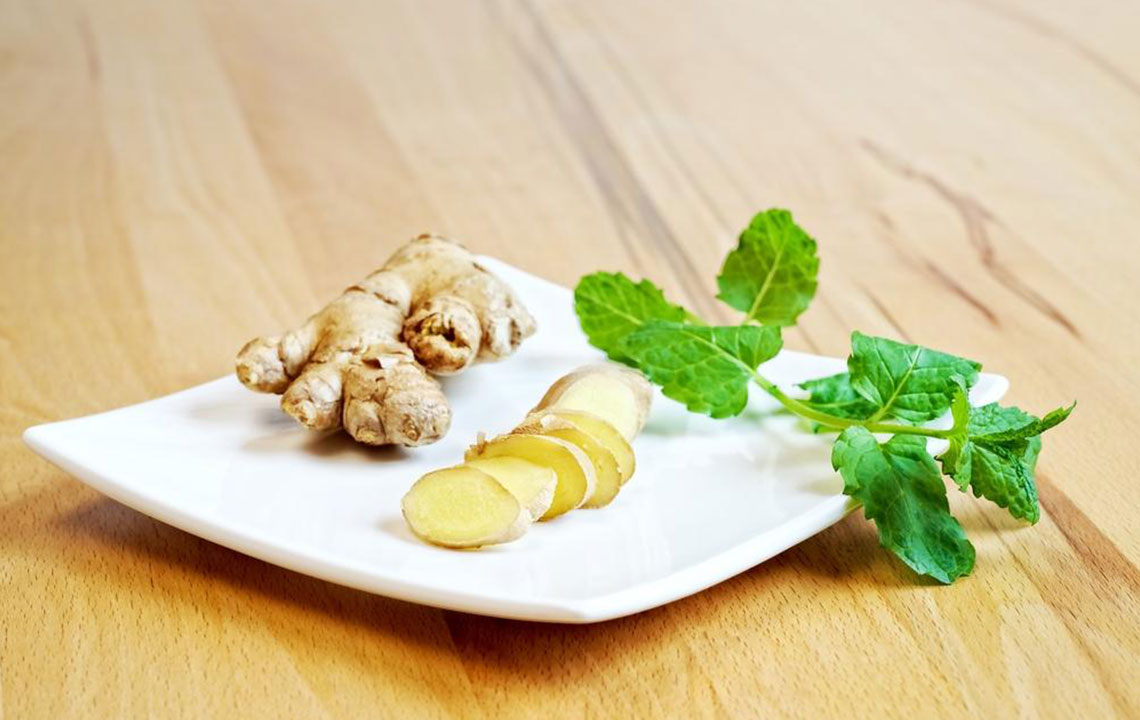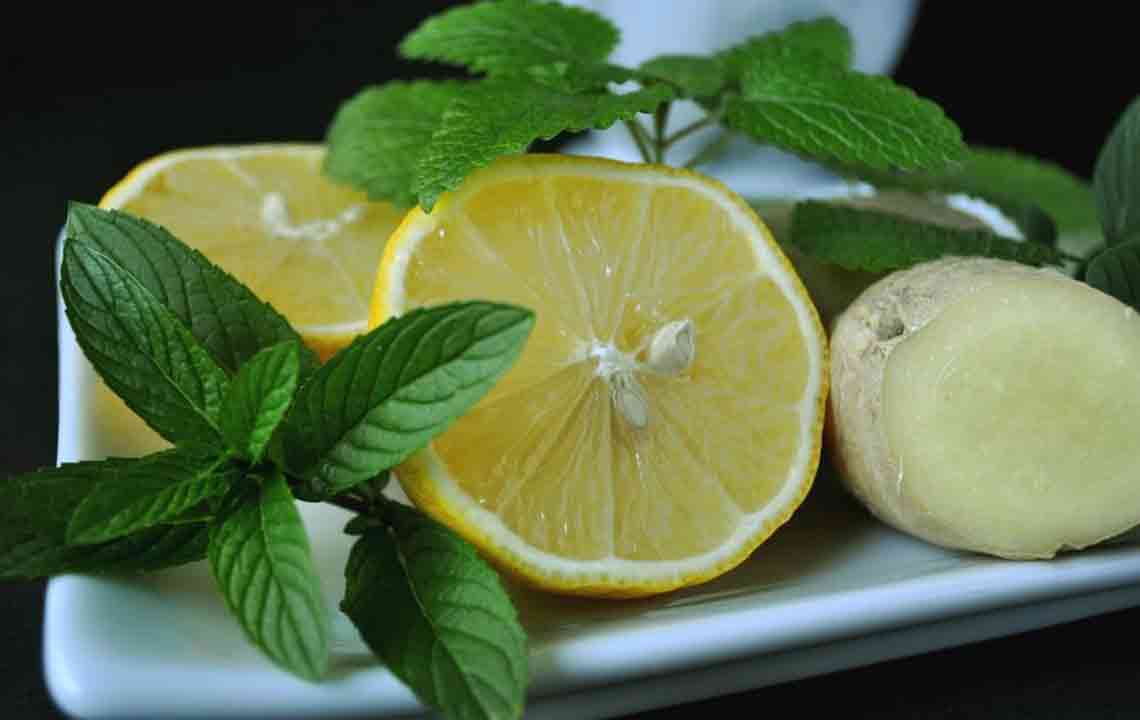Ultimate Guide to Managing Flatulence and Gas Relief Strategies
This comprehensive guide explores the causes, symptoms, home remedies, dietary changes, and lifestyle tips for effectively managing flatulence and gas issues. It offers practical solutions to reduce discomfort, bloating, and social embarrassment associated with excessive gas, helping individuals improve their digestive health naturally.

In-Depth Overview of Flatulence and Gas Management
Experiencing excessive gas in the gastrointestinal tract is a common yet often uncomfortable issue that can significantly affect daily life. This condition, known as flatulence, not only causes social embarrassment but also leads to physical discomfort such as bloating, cramps, and abdominal pain. Understanding the underlying causes of gas accumulation is crucial for effective management and relief. This comprehensive guide covers the primary causes, symptoms to watch for, and a variety of effective home remedies and lifestyle adjustments that can help alleviate gas discomfort naturally.
Understanding the Causes of Excessive Gas
Swallowing Air – Aerophagia: Activities such as eating rapidly, chewing gum, drinking fizzy beverages, smoking, or wearing loose-fitting dentures often lead to swallowing air. This excess air collects in the gut, resulting in burping, bloating, and flatulence.
Dietary Indigestion – Fermentation of Undigested Carbohydrates: Foods rich in complex carbohydrates, when not fully digested in the stomach and small intestine, travel to the large intestine where bacteria ferment them, producing gases like hydrogen, methane, and carbon dioxide. Common culprits include beans, lentils, onions, cabbage, and certain grains.
Digestive Disorders and Medical Conditions: Conditions such as Irritable Bowel Syndrome (IBS), Small Intestinal Bacterial Overgrowth (SIBO), Gastroesophageal Reflux Disease (GERD), lactose intolerance, and celiac disease significantly increase gas production and exacerbate symptoms. These conditions impact digestion and the gut’s ability to process certain foods properly.
Serious Health Concerns – Obstructions and Cancers: Structural issues like hernias, intestinal obstructions, ovarian cysts, or colon cancers can interfere with normal gas movement and expulsion, leading to severe discomfort and bloating. Such cases often require medical evaluation for diagnosis and treatment.
Identifying Gas-Related Symptoms
Frequent belching or burping, which indicates swallowing air or indigestion.
Passing gas multiple times a day, often with an odor or associated discomfort.
Persistent abdominal bloating and swelling that may worsen after meals.
Cramping, sharp pains, or general abdominal pain, sometimes mistaken for other gastrointestinal issues.
Effective Home Remedies to Alleviate Gas and Flatulence
Carom Seeds (Ajwain): Consuming a teaspoon of carom seeds boiled in water daily can support digestion and reduce gas formation.
Cumin Seed Decoction: Drinking a warm decoction of boiled cumin seeds after meals helps stimulate digestive enzymes and decrease bloating.
Asafoetida (Hing): Mixing half a teaspoon of hing powder dissolved in warm water acts as a potent anti-flatulent, relieving gas and discomfort.
Ginger and Lemon: Eating grated fresh ginger with a squeeze of lemon juice after meals can soothe the digestive system and promote the expulsion of gas.
Apple Cider Vinegar: A glass of warm water mixed with a tablespoon of apple cider vinegar can aid in balancing stomach acidity and reducing bloating.
Black Salt and Roasted Cumin in Buttermilk: Regularly consuming a mixture of these ingredients in buttermilk enhances digestion and minimizes gas buildup.
Dietary Habits to Minimize Gas Formation
Limit Fiber-Rich Foods: Reduce intake of foods known to cause gas, such as beans, broccoli, onions, cabbage, and peas. Consulting a nutritionist can help create a personalized diet plan.
Manage Dairy Intake: For those with lactose intolerance, choosing lactose-free dairy products or reducing dairy consumption can prevent bloating.
Avoid Artificial Sweeteners: Sweeteners like sorbitol and xylitol ferment in the gut, producing gas. Limiting processed sugar substitutes is beneficial.
Reduce Carbonated Drinks: Soda, sparkling water, and other fizzy beverages introduce additional air into the digestive system.
Stay Hydrated: Drinking ample water throughout the day, especially after meals, supports digestion and helps in passing gas smoothly.
Lifestyle Adjustments to Effectively Manage Gas
Eat Smaller, More Frequent Meals: Larger meals can overload the digestive system, increasing gas. Opt for smaller portions spread throughout the day.
Chew Food Thoroughly: Proper mastication reduces the workload on your stomach and facilitates better digestion.
Avoid Swallowing Air: Refrain from chewing gum, consuming hard candies, or drinking through straws, which can increase swallowed air.
Quit Smoking: Smoking introduces additional air and irritates the digestive lining, aggravating bloating and gas.
Engage in Regular Physical Activity: Exercise stimulates gastrointestinal motility, helping gas pass more efficiently.
Maintain Proper Denture Fit: Ensure dentures fit well to prevent swallowing excess air during meals and speaking.





